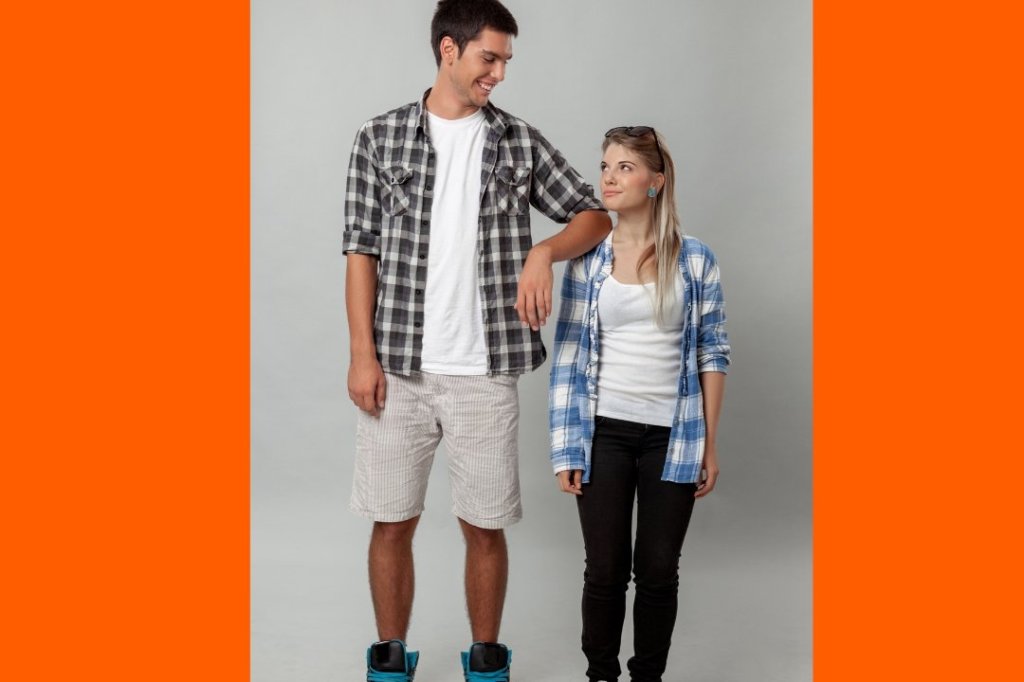Facebook has been a great place for people to bare all when it comes to their emotions. But when it comes to baring all with regards to bodies, Facebook has always seemed as if they’d rather people bare none of it. Facebook has received criticism for over-sexualizing breasts, but a new recommendation from Meta’s advisory board says the nipples can come out for nonbinary users.
Recently, Facebook censored two posts from a transgender and nonbinary couple that featured the couple appearing topless. Even though their nipples were covered, an AI system took the photos down for “violating the Sexual Solicitation Community Standard” after they were flagged by a human user. The couple appealed to Meta, and the photos were reinstated, but it was enough to catch the attention of Meta’s oversight board, which advises Meta on content moderation policies and is made up of academics, politicians and journalists.
After looking at the issue, the oversight board suggested Meta change their Adult Nudity and Sexual Activity Community Standards “so that it is governed by clear criteria that respect international human rights standards.”
According to the board, Meta’s policy was “based on a binary view of gender and a distinction between male and female bodies,” making it “unclear” in how it deals with intersex, nonbinary and transgender users.
“We are constantly evolving our policies to help make our platforms safer for everyone,” a spokesperson from Meta told The Guardian. “We know more can be done to support the LGBTQ+ community, and that means working with experts and LGBTQ+ advocacy organizations on a range of issues and product improvements.”
How free the nipples should be on the social media platform has been a source of contention for more than a decade. Breastfeeding moms have been leading the battle of the boob, duking it out with Facebook CEO Mark Zuckerberg over their ability to share nursing photos on social media. They’ve gone so far as holding a “nurse in” at Facebook headquarters to protest the ban on breasts.

In 2020, Instagram loosened up its nudity policy thanks to a campaign started by Nyome Nicholas-Williams. While nipples are still a no-no, Instagram now allows breast cupping, hugging, and holding. And in 2021, the oversight board gave the okay for “health related nudity,” allowing for photos of nips if they’re related to things like breastfeeding, birth-giving, breast cancer awareness, or gender-confirming surgery. Acts of protest are allowed as well.
Facebook has received criticism for the platform being lax on hate speech but tough on boobs. Meta CEO Mark Zuckerburg has said this is because it’s “easier to build an AI system to detect a nipple than what is hate speech,” which might explain why Meta is going to use “human reviewers” to “quickly assess both a user’s sex, as this policy applies to ‘female nipples,’ and their gender identity,” according to the board.
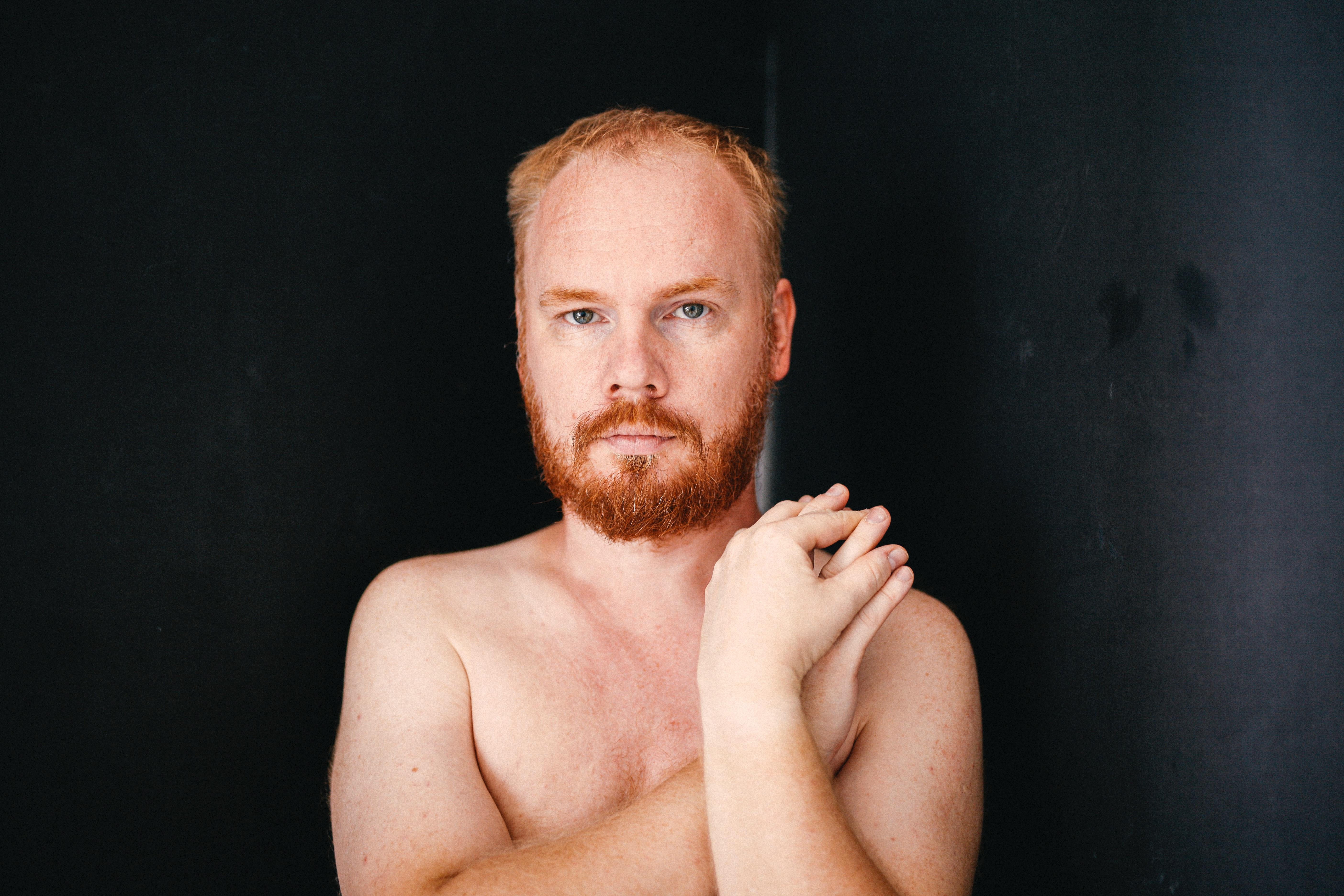
The new nipple rules are only applicable to transgender and nonbinary users. “The same image of female-presenting nipples would be prohibited if posted by a cisgender woman but permitted if posted by an individual self-identifying as nonbinary,” the board noted in its decision.
While the nipple might not fully be free on Facebook, it has taken one large step forward out of its cage. However, Facebook’s over-sexualization of breasts might just be a reflection of society, and in order for the nipple to run wild and out in the open, we might need to change the way people think about breasts in general.

